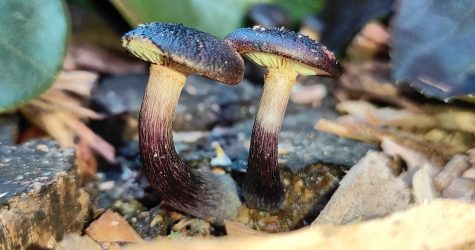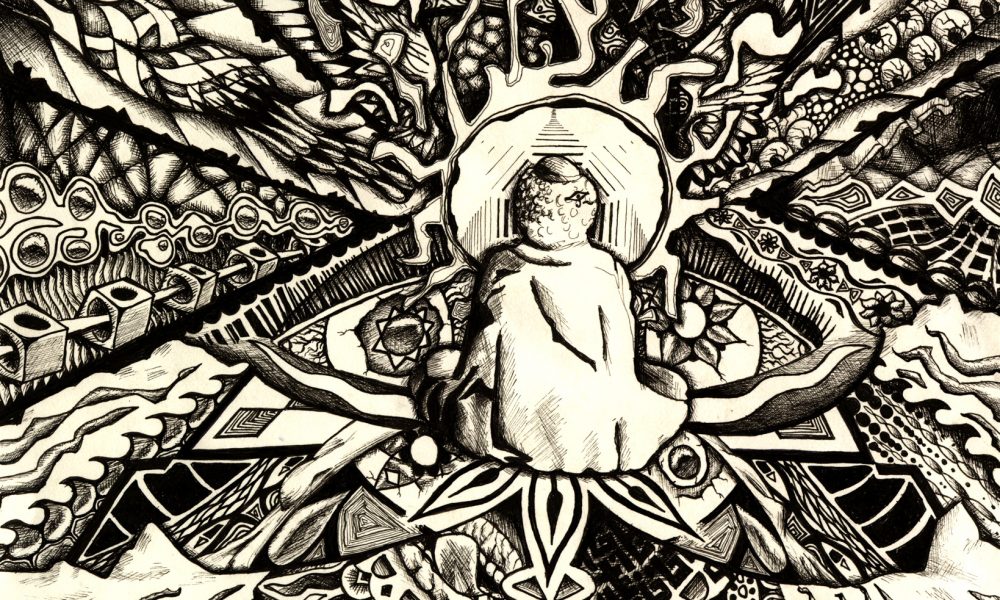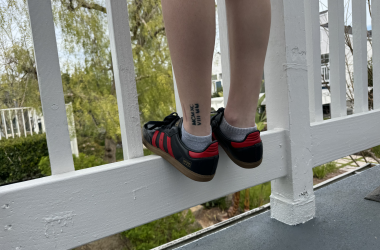If you are wondering whether California lawmakers are trying to bring back the psychedelic-filled era of the 1960s, the answer is no. What lawmakers and researchers are looking towards is the therapeutic benefits of those same experimental drugs.
That will be on hold for now as California Gov. Gavin Newsom recently vetoed a bill that would have decriminalized the possession of various psychedelic drugs.
Many fear this bill would only enable drug users but I think that is a misconception and it’s time we start understanding that psychedelics are not only for recreational use.
Many people are hung up on the fact that it’s a drug but forget there are beneficial drugs as well.
So why can’t so many get past the negative connotation when it comes to psychedelics, despite research showing there are therapeutic benefits when used in small doses? The psychedelic revolution in the ’60s is solely to blame.
The counterculture pioneered by flower-donning hippies was defined by their excessive misuse of psychedelics and love for the drug’s mind expanding properties.
On the other hand, many outside the hippie sphere saw the drugs as dangerously mind altering.
The government shared this sentiment and soon banned the sale and possession of any kind of psychedelic drug. With this came the end of all research on the drug as well; until recently.
Over the past few years, research on psychedelics and their effects on the brain produced a positive outlook in the field of psychology.
Various kinds of hallucinogens such as LSD, psilocybin (found in “magic mushrooms”) and DMT have been used to treat anxiety, depression, addiction and PTSD.

“Different neurotransmitters are involved depending on the drug. For example, serotonin is involved in psilocybin, LSD, mescaline and peyote,” said Dr. Joan Fisher, a cognitive science professor at CSULB who teaches about addiction. “The ones that are used for treatment generally influence the serotonin system.”
Synthetically produced antidepressants work the same way, but are notorious for their inconsistent results and probable side effects.
“I’ve experienced weight gain, weight loss, memory loss, loss of motor control, nausea, brain zaps, did I say memory loss?” said Gillian Rochon, a 20-year-old architecture major who is currently prescribed antidepressants.
While it would be convenient to claim there are no side effects with psychedelic therapy, the truth is there hasn’t been enough research done to definitively say.
“It is nearly impossible to get grants to study them,” Dr. Fisher said because psychedelics are a Schedule I drug.
The proposed bill would have solved this issue as it would require the California Health and Human Services Agency to conduct more research and report on hallucinogens’ therapeutic use. In the limited research that has been done, results have been promising.
One trial prescribed psilocybin to a group of patients suffering from severe depression while another group was prescribed a placebo.
After only two weeks, patients who were administered psilocybin reported significantly less severe symptoms than the patients with the placebo.
I’ve seen firsthand how depression can slowly break a person, sapping their energy and will to live bit by bit.
If that trial is any indication of the therapeutic potential of psychedelics, then I believe it is necessary for further exploration.




